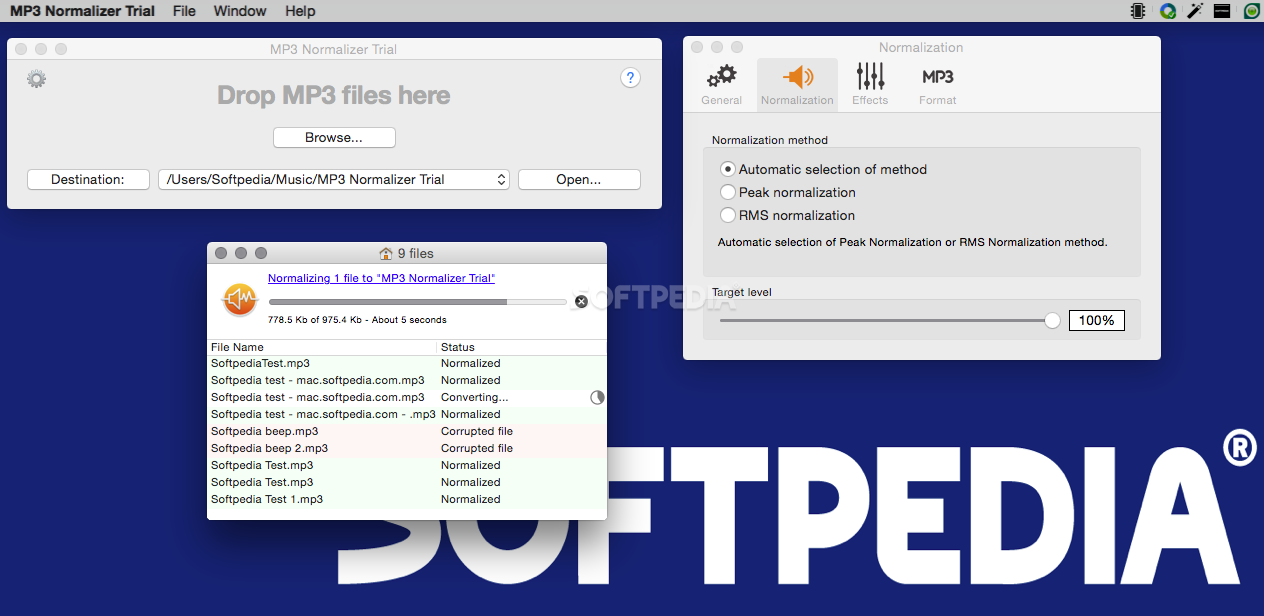

This increase of level may cause additional distortion and clipping, especially if your master already peaked near digital zero. Your final master will also be converted into an mp3 or AAC file at some point, and the process of encoding the file will increase the level of the song even higher than your original master. When a file hits digital zero, or tries to go above zero (true peak), it will clip and distort the file.


The reason the true peak meter is so important is that we need to leave a little digital headroom in our masters. So make sure your meter is a true peak meter, which is also sometimes called an inter-sample peak meter. The true peak level may be 1 dB or more above what your DAW channel meters show (they are not true peak). True peak is a measure of the loudest instant of the music that will occur when the digital music is converted to analog-as it is played out of your interface, converter, or monitors. Luckily a true peak meter is part of almost every maximizer or mastering limiter plugin, so you probably already have one. I would recommend two meters, though, and the most important meter for the purpose of this article is the true peak meter. Control Your Peak Levelīelieve it or not, you can create a completely acceptable and great sounding master without using any meters at all. You may wish to read our post on using reference songs for more info on this topic. Second, you need to protect your master from overloading while being converted to the lossy file by controlling its peak level. To meet these conditions, you need to concern yourself with two simple goals.įirst, match your master (its loudness and tonal balance) to a reference song played back through the same monitor system that you mix through. Also, your music should sound good when converted to a decent lossy file-type, like a 256kps mp3. The answer is actually simple, and you can be creating appropriate masters for your music in no time-even if you’re not a mastering engineer and even if you don’t plan on sending your mix to a mastering engineer!īasically, your music should feel as loud, powerful, and energetic as another song in the same genre playing at the same volume level on your monitor system. We hear so many numbers flying around that the answer seems confusing. The single most-asked question that I hear from clients and students is what level a song should be mastered to.


 0 kommentar(er)
0 kommentar(er)
